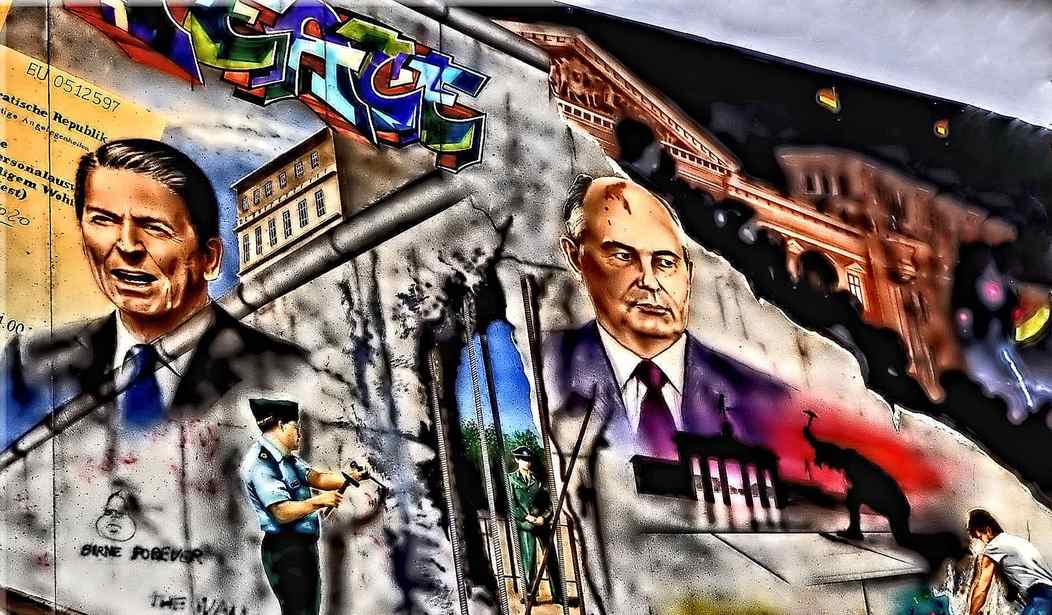Just short of 62 years ago, I was born in the tiny municipal hospital in Alamosa, Colorado. My father was born in the state of Georgia, as had been his father, and his father, back (according to family lore) 18 generations to when my great-great-etc. grandfather was on the beach after he was chased by pirates up the Savannah River. Supposedly, he was waving hello to George Oglethorpe’s shipload of debtors. (Personally, I think he was on the boat with Oglethorpe.) My father’s mother had come from Hungary about 1900, my mother’s father had been born in the Choctaw Nation, her mother in the Cherokee Nation, and I grew up hearing tales of the Trail of Tears, with reminders that my father’s family had been in the military since warships had sails, and my mother was a Daughter of the American Revolution.
So there was never any question in my mind that I “was an American.” I was in Junior ROTC in high school and cadet commander of my Civil Air Patrol squadron, and probably wore a uniform more days of the week than civilian clothes. But honestly, I’d gone for ROTC because it was that or gym class, and CAP because it meant I could learn to fly at a cut rate. I was patriotic in a desultory way, and by the middle of my junior year, I had become interested enough to learn that the press was, frankly, lying their asses off about many parts of the Vietnam War. I volunteered for the Air Force in 1975, but mainly because I wanted to become a linguist and go to the Defense Language Institute; then I flunked the physical and went back to programming computers and writing incredibly bad fiction.
Not too long after that I got a job programming in Germany. I arrived on Inauguration Day in 1981, watched the Iranian hostages arriving at the very airport at which I’d landed hours before on the TV in my Frankfurt hotel room, and took the train to my new home in southwestern Germany the next day, speaking about 12 words of German.
The geography was very much like home, but towns were just a mile or two apart. They had great chocolate bars. My co-workers were great and I made friends.
Differences struck me, of course. First of all, everyone was speaking German. (When I moved back a couple years later, I was equally surprised that people in the shops all spoke perfect English when I unconsciously started speaking German.) No speed limits on the Autobahn. Not many warning signs — the Germans appeared to think that you didn’t need to be told not to stand too close to a cliff.
The other differences were more subtle. When I moved out of the hotel and into my own place, I was surprised to discover I was required to go to the city hall — the Rathaus — to present my papers and inform the government of my address, a process called Anmeldung. Even that wasn’t too surprising — I was an alien, after all — except when I mentioned it, it turned out that everyone has to do it. Just as everyone has to carry a passport all the time. (“Ihr Papieren, bitte” isn’t just a set piece in a WWII spy movie.)
Other things — I needed a phone to be on call for work, and there was a six-month waiting list … until the head of the research institute at which I was working called the telephone company and informed them I needed a phone. This was on Thursday, and I had a phone on Friday. The institute was connected to the university, which of course is connected to the government — as was the post office, which was also the phone company. I was a little astounded at how much political pull could be applied, but they were all just part of the government.
I learned that shops — all shops! — closed in the early evening and at midday on Saturday, and remained closed until Monday morning. By law. The only exceptions were drugstores that alternated the shared duty of staying open, and shops in the train stations. And no one thought twice about it. I’d heard of “blue laws” in the U.S., but I associated them with small southern towns and sheriffs named Buford.
The longer I was there, the more I realized that the whole country thought of themselves as subjects of the government; intrusions I’d resent were ganz normal. When I’d arrived in Germany, I’d at first felt it was freer than the U.S., with sex shops in the mall and Main Street bordellos in small rural towns; the longer I was there, the more it felt smothering.
The local bookstores had only a limited selection in English — classics. I read all of Mark Twain and immense amounts of history. Mark Twain, for all his cynicism, had a deep love for the USA that shows in every page of Life on the Mississippi. I read Locke and Jefferson and histories of the American Revolution; I read, really read, the Declaration of Independence for the first time. I learned why I just didn’t feel at home in Germany, even after I’d made friends and become conversationally fluent in German.
Now, don’t get me wrong: I love Germany, and miss it, and hope to visit again soon. I applauded Reagan’s “Tear down this wall!” I was in a hotel in London on Reunification Day, and cried a little as the Germans sang “Freedom! Beautiful fire of the Gods!” I was happy for the Germans and proud that the United States had helped to free millions.
I learned many things in Germany, but the greatest of them was that I am an American.










Join the conversation as a VIP Member